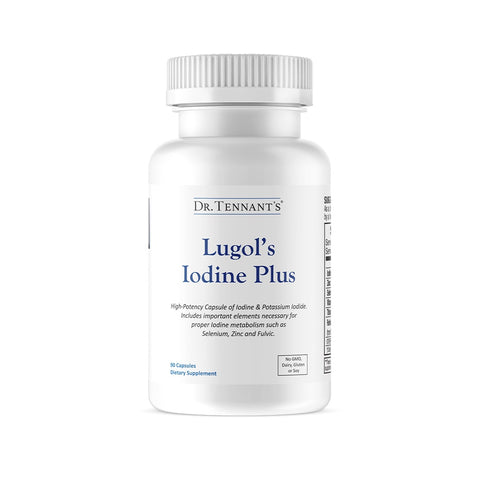“Let food be thy medicine and medicine be thy food.”
—Hippocrates (the Father of Modern Medicine)
What Are Nitrates?
Nitrates are naturally occurring molecules that are part of our atmospheric nitrogen cycle that plant then assimilate for growth and energy. The air we breathe is 78% nitrogen and through lightning storms and nitrogen-fixing bacteria in the soil, this nitrogen is converted into nitrate.
Nitrates are responsible for the growth of plants and the assimilation of other nutrients. This is the basis of nitrogen-based fertilizers to optimize plant growth. Without nitrates, plants do not grow and do not assimilate other important nutrients.
Nitrates are present in all vegetables but found in the highest amounts in green leafy vegetables and root vegetables such as kale, spinach, arugula and beets.
Why are Nitrates Important?
Throughout decades of epidemiological research, it is obvious and apparent that with a plant-based diet or through eating sufficient vegetables, there is less incidence of heart disease, cancer, and basically all chronic disease.
For years, scientists argued it was the antioxidant content of vegetables that was responsible for the beneficial effects, but clinical trials using antioxidants have failed to reproduce the benefits of eating vegetables.
Most recently, nitrates have been proposed to be the component responsible for the health benefits of vegetables.
Aren’t Nitrates Bad?
Nitrates and Nitrites occur naturally in the human body and in some food—like dark green leafy vegetables. Nitrates and Nitrites can be used in manufacturing (think bacon) as a preservative. Nitrates and Nitrites can be harmful in some forms (sodium nitrate) or large quantities; however they also have health benefits.
Nitrates & Nitrites are Two Different Types of Compounds
- Nitrates (NO3) consist of one nitrogen atom and three oxygen atoms
- Nitrites (NO2) consist of one nitrogen atom and two oxygen atoms
Nitrates are relatively inert, which means they’re stable and unlikely to change and cause harm. However...
...bacteria in the mouth or enzymes in the body can convert them into Nitrites, and these may be harmful.
Nitrites can turn into either of the following:
- Nitric Oxide (NO): Which is beneficial for the body. Read Blog
- Nitrosamines: Which are organic compounds featuring a nitroso group and amino group. They have the generic formula R2N-N=O where the R groups are typically alkyl in nature. They can occur naturally in some food and drinks including cured meats, some cheeses, beer(!), dried milk and fish. They can be harmful and have been linked to disease such as cancer.
Four Steps to Increase Nitrate Metabolism into Nitric Oxide
STEP 1
Consume at least 300mg of nitrate in a single meal (most Americans get 150mg in an entire day) to get the health benefits. This can be difficult as studies have shown that nitrate content in vegetables can vary as much as 50x from one source to the next. Organically grown vegetables have on average 10x less nitrate than conventionally grown vegetables. (Yes, that is correct.)
Hint: Use salivary nitric oxide/nitrite test strips to test your saliva 90 minutes before and after taking a nitrate supplement or consuming green leafy vegetables. (Test strips turn bright pink when presented with the right oral bacteria.)
STEP 2
Ensure you are consuming appropriate iodine and zinc levels. Several things are needed to create stomach acid: zinc, iodine, B1, and sodium chloride. Taking supplements like Dr. Tennants® Lugol's Iodine Plus capsules help make stomach acid.
STEP 4
Interesting Note: Manufacturers add nitrites to meat to preserve them. They’re the reason why cured meat is pink or red. In meat, nitrites turn into nitric oxide. This reacts with proteins in the meat, changing its color and helping preserve it. Without nitrites and other additives, the meat would turn brown quickly.
It’s your body. It’s your life. Ingredients matter.
Featured Products in This Article:

N1O1 Releasing Lozenges: Unlock superior cellular vitality with N1O1, meticulously developed by world-renowned expert Dr. Nathan S. Bryan. Designed to seamlessly enhance your body's Nitric Oxide production. N1O1 not only supports robust cardiovascular health and optimized nutrient delivery to cells, but also champions your overall wellbeing by supporting cognitive function, memory, and offering potent antioxidant support.

Dr. Tennant’s® Lugol’s Iodine Plus
A complete iodine supplement solution with Zinc, Selenium, B1 and Vitamin C necessary for proper iodine metabolism.





